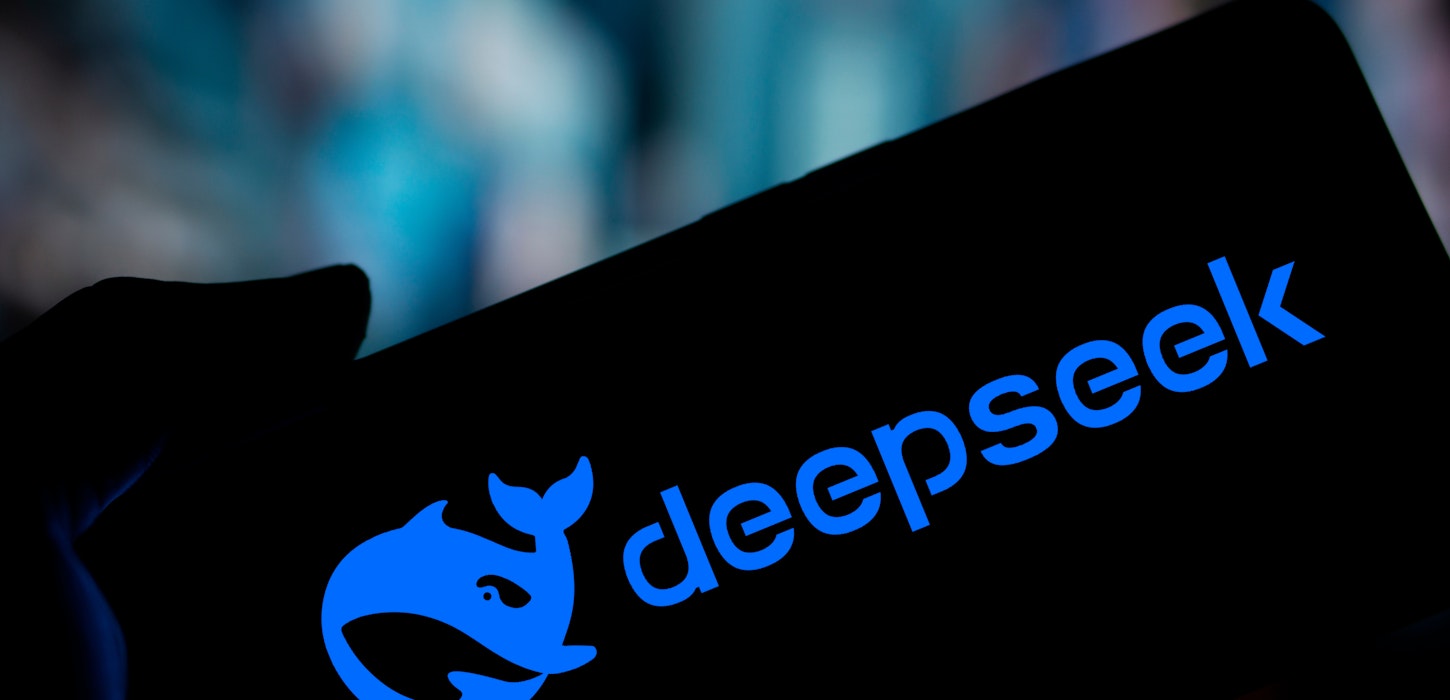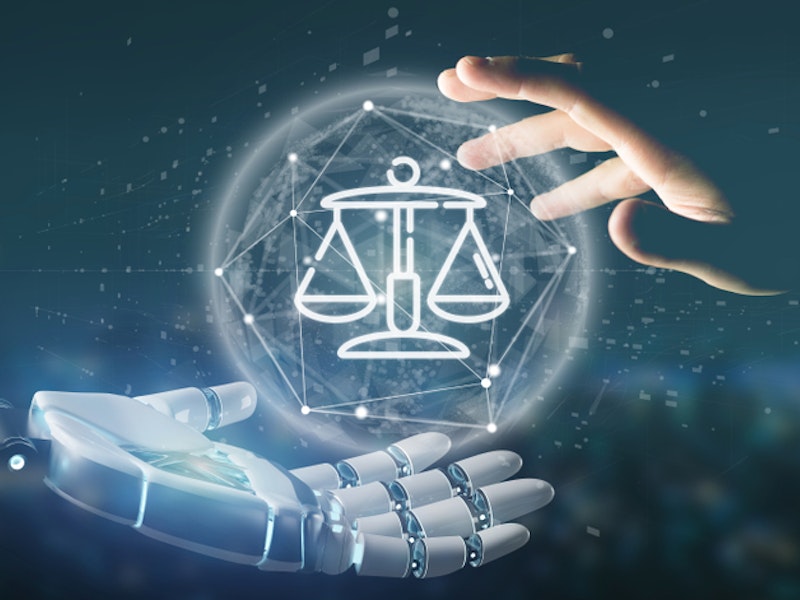
What does the DeepSeek news potentially mean for the UK's ability to become a global AI superpower?
As published in the Spectator.
Sometimes a new technology comes along that immediately shakes the world. The release this week of the new Chinese artificial intelligence (AI) tool, DeepSeek-R1, is one such moment.
Despite Washington’s efforts to restrict Beijing’s development of AI, including an export ban on advanced microchips, researchers in China have created an AI tool that not only exceeds the performance of American AI models like OpenAI’s ChatGPT, but does so at a fraction of the cost. If we are to believe the hype, it took just $6 million (£5 million) to build DeekSeep-R1, compared to more than $100 million (£80 million) for ChatGPT. This is the equivalent of building the fastest Formula 1 car for the price of a Ford Fiesta, all while being denied access to the best parts.
The impact of DeepSeek-R1 has been immediate and severe. Tech stocks in the United States have been hammered, none more so than chipmaker Nvidia, which until last week was the most valuable company in the world. Spooked by fears that US AI companies might not now be as dominant, Nvidia saw $589 billion (£470 billion) wiped off its share value in a single day, the biggest stock market plunge in history.
Yet amongst the rubble, there is hope for the UK. By developing DeepSeek, China has shown how the UK can more easily fulfil the government’s plan to become an AI superpower.
Many might ask why this matters. Why does Britain need a chatbot to help us write a funny poem or to do our homework? These, after all, are the main uses that ChatGPT seems to have been put to since its launch in 2022. But this masks the real benefit of AI, something that China has well and truly grasped.
We are in the early stages of what is called the Fourth Industrial Revolution. Defined by the emergence of new technologies such as robotics and biotechnology, the 4IR looks set to rewrite everything from defence to welfare and healthcare. The most important emerging tech of all though is AI. As the renowned computer scientist Kai-fu Lee has noted, “AI is the new electricity”; it will underpin all the other technologies, and help to upend life in the way that electricity did around the turn of the twentieth century.
China has made no secret of wanting to be the dominant force in the Forth Industrial Revolution. Beijing knows that to succeed will give it the global benefits that Britain received from the First, and the US from the Second and Third. This is problematic for the West, as AI, like the other 4IR technology, is not values-free. Chinese law dictates that AI has to incorporate “Chinese socialism” into its development, and Chinese chatbots already refuse to discuss issues sensitive to the Communist Party, such as the Tiananmen Square massacre.
On the face of it, DeepSeek is so cheap and accurate that it is set for mass adoption by governments and companies wanting access to AI models, in the same way that Huawei’s world-leading 5G has smashed Western champions Ericsson and Nokia, despite major US sanctions. If this happened, it would embed Beijing-centred narratives into AI adoption, and thus challenge Western-centric cultural norms that make the world a much easier place for the West to deal with.
There are, however, those who doubt many of the claims about DeepSeek-R1’s origins. For a start, it seems strange that something showing such technological progress was apparently created by a small hedgefund in its spare time. And China has a long track record in hiding the development costs of products through dark national subsidies.
But the overall impact is undeniable. US companies like OpenAI, Google, and Meta have spent years and billions of dollars developing the large language models (LLMs) that power their AI tools. What is so important about DeepSeek is that it was built using cheaper, older chips (ironically from Nvidia), and by adopting a much more efficient method of development. For countries wanting to develop their own sovereign AI capabilities, this is an obvious example to follow. This includes the UK.
Earlier this month, Sir Keir Starmer called for the UK to become an AI “superpower” to help deliver a decade of “national renewal”. An important part of this is the development of British sovereign AI, or models built and controlled by British firms. Currently, most AI contracts with public bodies are with American AI companies, such as Palantir, which is now deeply embedded in the NHS and Ministry of Defence. Sovereign AI would give Britain much more control about what is developed and how the data is used.
Until now, the problem for the UK and all countries outside the US and China, is that the development of domestic AI capabilities has cost too much. DeepSeek has changed this. Inspired by China’s breakthrough, the UK now has a pathway towards sovereign AI capabilities that can be applied to its own national priorities.
But, as with the US and China, developing national AI cannot be done without state support. The government has already announced that it is reviewing the visa regime for the best AI scientists. It is also putting money into more computing power, which is essential for advanced AI. But there is a lot more that can be done.
One area that needs government support perhaps more than anything is the availability of data. AI needs data like a machine needs oil, and countries and companies with access to massive amounts of it have a significant advantage over those that don’t.
The UK’s public sector holds huge amounts of data, but it is disconnected and the law makes it difficult to use. One idea to boost the British AI sector would be to create a national corpus of data that could, with the right safeguards, be used to train sovereign AI models. Although the public might be ill at ease in the use of data like that of the NHS being used in this way, the UK has no option if we are to create companies that can compete not only on the world stage, but at home too.
The UK is one of the world’s leading technology nations, and has the third largest AI market in the world. It has top-class, innovative AI talent, such as Sir Demis Hassabis, a recent Nobel Prize winner and the founder of the AI company DeepMind (now owned by Google).
By harnessing these advantages, and with the right kind of government support, there is every chance that the UK can be behind the AI breakthroughs of the future and be a driving force in the Fourth Industrial Revolution. If we don’t, then we will be forever beholden to Chinese or American AI. Not only will we have missed out on a once in a century opportunity to shape the world, but we will have lost control of the most fundamental technology of the future.









